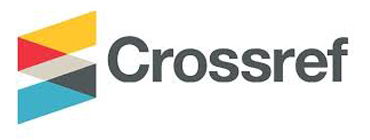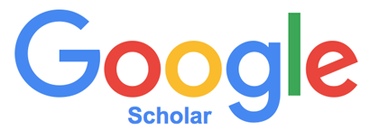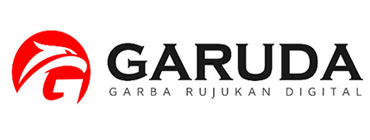THE EFFECT OF PEER FEEDBACK ON STUDENTS’ ACHIEVEMENT IN WRITING NARRATIVE TEXT AT MAS PP AT-TAUFIQURRAHMAN
Abstract
This study found that peer feedback effect on students’ achievement in writing narrative text. It was conducted by using experimental design. The population was X-1 and X-2 students of Mas Pp At-taufiqurrahman. There are consist 40 students. The sample of two classes devided into two groups, experimental group and control group which were chosen random sampling by using lottery technique. The grade X-1 as experimental group was taught by using peer feedback and grade X-2 as control group was taught conventional method. The instruments used in this research was written test. After analyzing the data, the writer got; The students achievement in writing narrative text by peer feedback got the mean 77.700 and standar deviation was 8.985 ; The students’ achievement in writing narrative text by using conventional got the mean 56.600 and standard deviation was 6.269. The value of t- observed was 3.207 and that of t-table was 1.671. So the value of t-observed was higher than that of t-table. It showed that Ho rejected and Ha accepted. there was significant effect of using peer feedback strategy on students’ achievement in writing narrative text.
Full Text:
PDFReferences
Anderson, M. & Anderson, K. (1997). Text types in English 3. Sydney: Mcmillan. Cambridge advance learner’s dictionary. (2008). Cambridge university press
Carrol, J. A. (2002). Writing and grammar. New Jerse: Prentice Hall
Daulay, S. H. (2011). Introduction to general linguistics. Medan: La Tansa Press
Dewi, U. (2013). How to write. Medan : La-Tansa Press
Farah, M. (2012). The impact of peer feedback on improving the writing skills among hebron university students. An - Najah Univ. J. Res. (Humanities). 26.(1)
Fithriani, R. (2018). Cultural influences on students perceptions of written feedback in L2 writing. Journal of foreign languge teaching and learning.
Fithriani, R. 2018. Indonesian students’ perceptions of written feedback in L2 languge. Mexico: University of New mexico.
Haines, C. (2004). Assessing students writing work- marking essays and reports. New York: Taylor & Francais E- Library
Harmer, J. (2004). How to teach writing. Malaysia:Stenton Associates
Hasibuan, V. P., et.al. An analysis on factors causing English learning difficulties.
Tanjungpura University
Hyland, K. (2002). Teaching and researching writing. Great Britia: Longman
Kane, T. S. (2000). The oxford essential guide to writing. New York:Oxford University Press Inc.
Knapp, P & Watkins, M. (2007). Genre, text, grammar. Technology for teaching and assessing writing. University of New South Wales Press
Lauder, A. (2008). The status and function of English in Indonesia: A Review of Key
Factors. Sosial Humaniora. 12.(1) Nazir, M. (2005). Metode penelitian. Jakarta:Ghalia Indonesia.
Nishanthi, R. (2018). The importance of learning English in today world. International
Journal of Trend in Scientific Research and Development (IJTSRD).3.(1) Nunan, D. (1991). Language teaching methodology. Sydney: prentice hall.
Oshima, A & Hogue, A. (2007). Introduction to academic writing. Third Edition. New York: Pearson Education Inc
Pradiyono. (2007). Pasti bisa! teaching genre-based writing . Yogyakarta: ANDI. Rahmatunisa, W. (2014). Problem faced by Indonesian EFL learners in writing argumentative essay. Journal of English Education. 3.(1)
Roy, J. R. (2014). Sharpen your story or narrative writing skill. USA: John Wiley And Sons Inc.
Siburian,T. A. (2013). Improving students achievement on writing descriptive text through think pair share. Vol.3. Www.1jillalw.Org.
Sugiono. (2016). Metode Penelitian kuantitatif dan kualitatif. Bandung: Alfabeta.
Refbacks
- There are currently no refbacks.

This work is licensed under a Creative Commons Attribution-NonCommercial-ShareAlike 4.0 International License.
INDEXING
Bright Vision by UIN Sumatera Utara Medan is licensed under a Creative Commons Attribution-NonCommercial-ShareAlike 4.0 International License.
Based on a work at http://jurnaltarbiyah.uinsu.ac.id/index.php/brightvision.









